The ACT Integrity Commission. Its new guidelines cover all public servants need to know about whistleblowers. Photo: File.
ACT Government public servants have been reminded of their responsibility to investigate whistleblower complaints in new guidelines issued by the Territory’s corruption watchdog.
The guidelines are designed to assist public sector entities in dealing with reports of wrongdoings that may qualify as Public Interest Disclosures, how they must be investigated and how whistleblowers are to be protected.
They provide practical advice, including how to identify a PID, which must be about substantial problems concerning maladministration, threats to public health or safety, or the environment.
Commissioner Michael Adams says ACT public sector entities play a critical role as receivers of initial reports, investigators and in protecting whistleblowers from retribution or retaliation.
“Ensuring that reports of wrongdoing are investigated appropriately is critical to the overall operation of the PID scheme,” he said.
“Rigorously investigating reports of public sector wrongdoing provides confidence that wrongdoing within our public sector will be identified, corrected and prevented.”
Mr Adams also told public servants that they have a duty of reporting and/or dealing with unethical or harmful conduct that could adversely affect the functions of a public sector entity, even where the conduct does not come within the PID Act.
He offers a warning to those who may interfere with an investigation and comfort to those who feel doing their job may have repercussions.
“It is serious misconduct for a public official to take adverse actions against an employee for performing this duty, capable of constituting a criminal offence and possibly also amounting to corrupt conduct within the meaning of the Integrity Commission Act 2018 (ACT),” Mr Adams says.
The guidelines cover the meaning and intent of the Public Interest Disclosure Act 2012 (ACT), who a report can be made to, such as the Auditor-General, Ombudsman or the Integrity Commission, and when it can be taken to a third party such as a journalist or MLA, and what protections are available.
Public servants can also learn how they should deal with whistleblowers, assess reports and refer them to the Commission.
A section on investigations covers how they should be conducted, keeping the discloser and Commission informed, legal powers, appointments, interviewing witnesses, procedural fairness, time limits, protecting the identity of whistleblowers and how to write the investigation report itself.
It points out the obligations of public sector entities to take action where necessary.
The guidelines also provide advice on risk and managing the fallout of investigations.
The Commission recommends that public sector entities keep staff informed about the PID scheme and have communication and education materials on hand, some of which it develops from time to time.
The guidelines can be found at the Commission website.




















